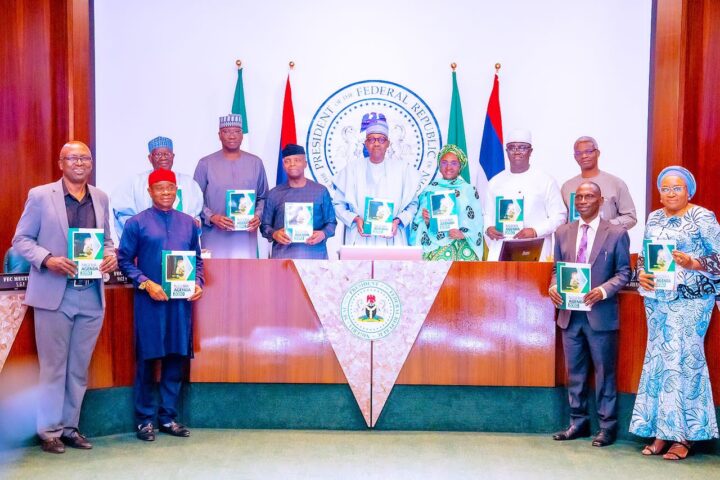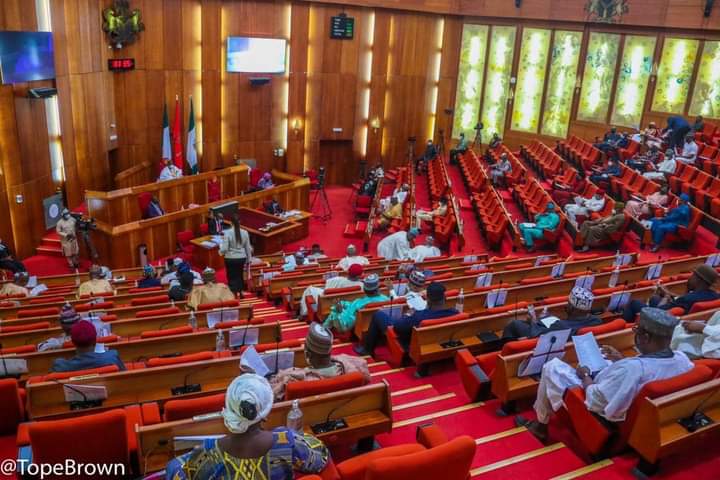Manufacturers Association of Nigeria (MAN) says the new fiscal policy measures (FPMs) outlining the rates of taxes and excise duties for the current year, will likely cause illicit trade, capacity underutilisation, and layoffs in the industry.
The new FPMs, which consist of supplementary protection measures (SPM), revised excise duty rates, and green taxes; were recently approved by President Muhammadu Buhari.
Segun Ajayi-Kadir, MAN director-general, in a statement on Tuesday, expressed concerns on the timing of the policy, saying it may spook existing and potential investors.
“The release of the 2023 fiscal policy measures, just over one month to its expected implementation date and the end of the current administration, sends negative signals to the business community locally and internationally with implications for existing and potential investors,” he said.
Advertisement
“It is worrisome that the current situation is indicative of inconsistency in government policy, given that industries that are affected by excise tax administration, already made three-year strategic plans based on the agreed calendar as scheduled in the roadmap, including domestic and export sales prices, revenue, and volume projections, tax burden calculations, and others.
“This, in our opinion, may create credibility issues for the country with existing and potential investors, impacting foreign direct investments (FDI) and the country’s ease of doing business index among other implications.”
Ajayi-Kadir described the government’s decision to implement the policy at this time as ‘unfortunate’.
Advertisement
According to the association’s director-general, based on data from MAN’s members, government is unlikely to earn more revenue from further excise increases due to a significant decline in sales by companies in the sector, “yet, the new policy is likely to fuel illicit trade, industry recession, capacity underutilisation, layoffs”.
He said the unilateral action by the government, despite complaints and persuasion by stakeholders for the fiscal authority to consider the consequence on the industries, businesses, and the economy as a whole, was “quite unfortunate”.
“We would like to put on record that the real impact on our members in the industries under the excise regime from the 2022 fiscal policy has been negative,” Ajayi-Kadir said.
“This has created reduced production volumes, increased illicit trade in some of the affected products, erosion of members’ market share and revenue.
Advertisement
“It also includes inflation and increased security challenges faced around the country and a lot more.
“All these are without regard to the industry’s contribution to the Nigerian economy in the way of significant taxes being paid; taxes include excise, corporate income tax, value added tax (VAT), export revenue in foreign currency and employment of thousands of Nigerians.”
Meanwhile, TheCable had highlighted and explained some of the new policy measures here.
Advertisement







